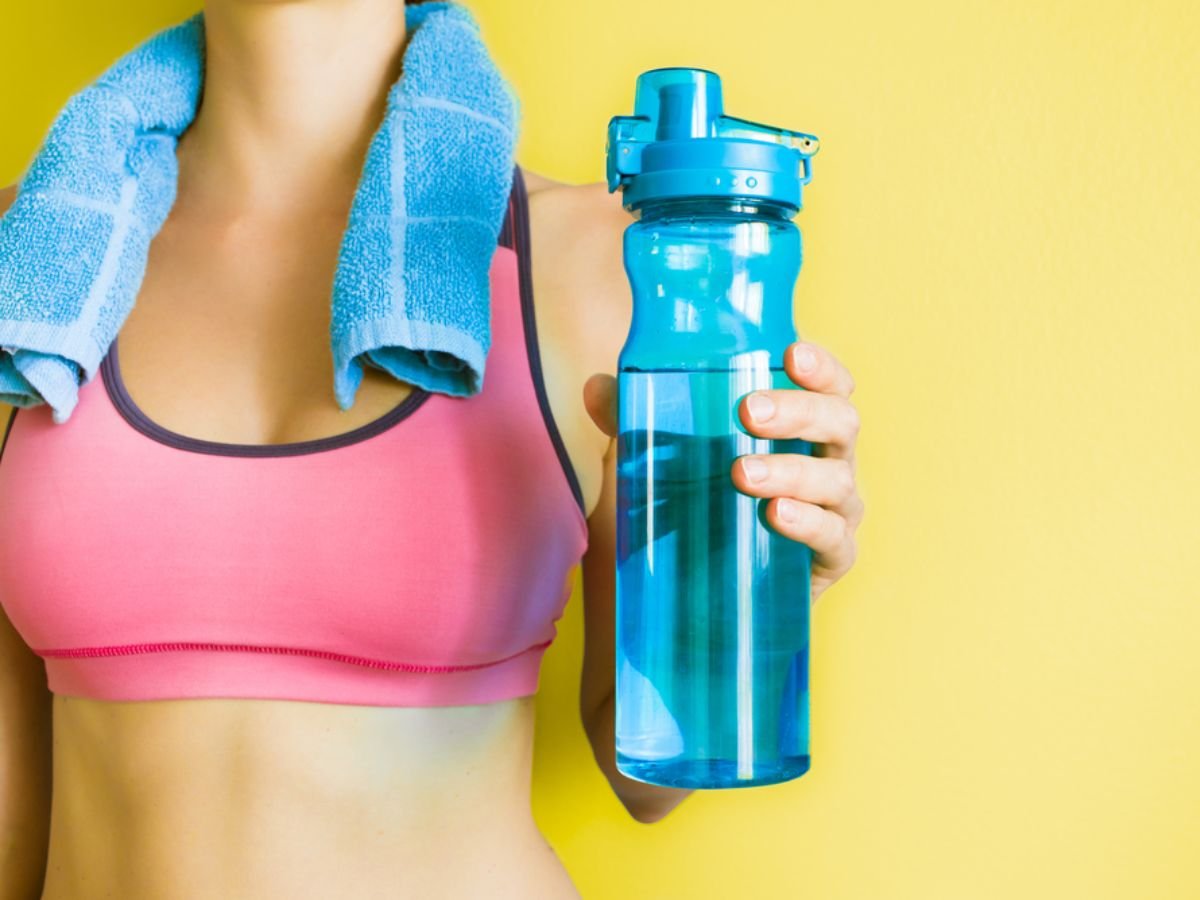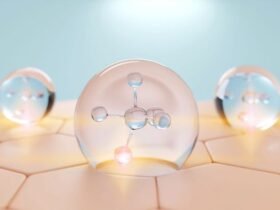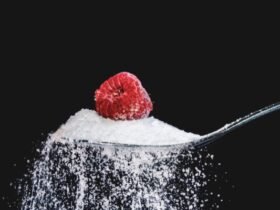Water is the most essential element for human survival, yet it’s often overlooked in discussions about health and energy. With our busy lifestyles, many people don’t realize the profound benefits of drinking water regularly. Dehydration, even in mild forms, can lead to fatigue, reduced cognitive function, and a weakened immune system. So, what’s the secret behind drinking water benefits, and how can it improve your overall health and energy levels? In this blog, we’ll uncover the science behind it and offer practical advice on how to make water your best friend for better health.
The Science Behind Drinking Water Benefits
Water makes up about 60% of the human body, and it’s essential for a wide variety of bodily functions. From regulating body temperature to helping in the digestion process, water plays a crucial role in maintaining homeostasis.
How Water Impacts Cellular Function and Energy Levels
Every cell in your body needs water to function properly. Hydration helps nutrients reach the cells and removes waste products. When you are dehydrated, your cells are not able to perform at their best, leading to fatigue, weakness, and poor concentration. According to a study published in the American Journal of Clinical Nutrition, dehydration can even impair cognitive performance, making it harder to focus or think clearly.
Hydration and Physical Performance
Water is also critical for physical performance. The European Journal of Clinical Nutrition found that dehydration negatively affects strength, endurance, and overall physical performance. Even a small dip in hydration can lead to early fatigue during physical activity. This highlights the importance of drinking water before, during, and after exercise.
Step-by-Step Guide to Maximizing Drinking Water Benefits
Now that we understand the science, let’s dive into how you can ensure you’re getting the most out of your water intake.
Step 1: Start Your Day with Water
Begin your morning by drinking a glass of water. After hours of sleep, your body is likely dehydrated. A glass of water will kickstart your metabolism and help you feel more awake and alert. You can even add lemon for an extra boost of vitamin C.
Step 2: Drink Water Before, During, and After Meals
Drinking water before meals helps in digestion and can even prevent overeating by promoting feelings of fullness. During meals, sipping water aids in breaking down food and absorption of nutrients. After meals, it helps in the absorption of food particles and speeds up digestion.
Step 3: Keep a Water Bottle Handy
Carrying a water bottle with you throughout the day makes it easier to remember to drink water. Refill it whenever it gets low, and try to make it a habit to sip throughout the day rather than chugging it all at once.
Step 4: Add Electrolytes for Enhanced Hydration
If you’re engaging in intense physical activity or spending time in hot climates, consider adding electrolytes to your water. Electrolytes such as sodium, potassium, and magnesium help retain water and prevent dehydration.
The Benefits of Drinking Water for Health and Energy
The benefits of staying hydrated go far beyond just quenching your thirst. Here’s how drinking water can enhance your health and energy levels:
Boosts Energy Levels
Proper hydration maintains the balance of electrolytes and fluids in your body, which directly impacts your energy levels. A study in Nutrition Reviews showed that dehydration can lead to tiredness, while adequate hydration can help maintain energy levels throughout the day.
Improves Skin Health
Drinking water is essential for maintaining skin hydration, leading to a clearer, healthier complexion. Studies have shown that increased water intake can improve skin elasticity, reduce dryness, and even help with acne prevention.
Regulates Digestion
Drinking water helps prevent constipation by softening stool and supporting the smooth functioning of the digestive tract. It also aids in the proper absorption of nutrients from the foods you consume.
Common Pitfalls or Mistakes to Avoid
While drinking water is beneficial, there are some common mistakes that people often make:
1. Relying Only on Thirst as a Guide
Thirst is not always a reliable indicator of hydration. By the time you feel thirsty, your body may already be dehydrated. Try to drink water consistently throughout the day to prevent this.
2. Overdoing It
While staying hydrated is important, excessive water intake (also known as water intoxication) can be harmful. This can dilute your body’s sodium levels and lead to a condition called hyponatremia. Stick to recommended daily intake levels based on your activity levels and climate.
3. Substituting Water with Other Drinks
Many people reach for sodas, energy drinks, or coffee to hydrate. While these may quench your thirst temporarily, they can be dehydrating in the long run due to their caffeine or sugar content. Aim for water as your primary source of hydration.
Final Thoughts
Incorporating more water into your daily routine is one of the simplest yet most effective ways to enhance your health and energy. From boosting cognitive function to improving skin health, the benefits are undeniable. So, make it a habit to stay hydrated, and you’ll quickly notice the difference in your energy levels and overall well-being. Share your hydration tips or ask any questions in the comments below – let’s get the conversation flowing!















5 Comments
View Comments